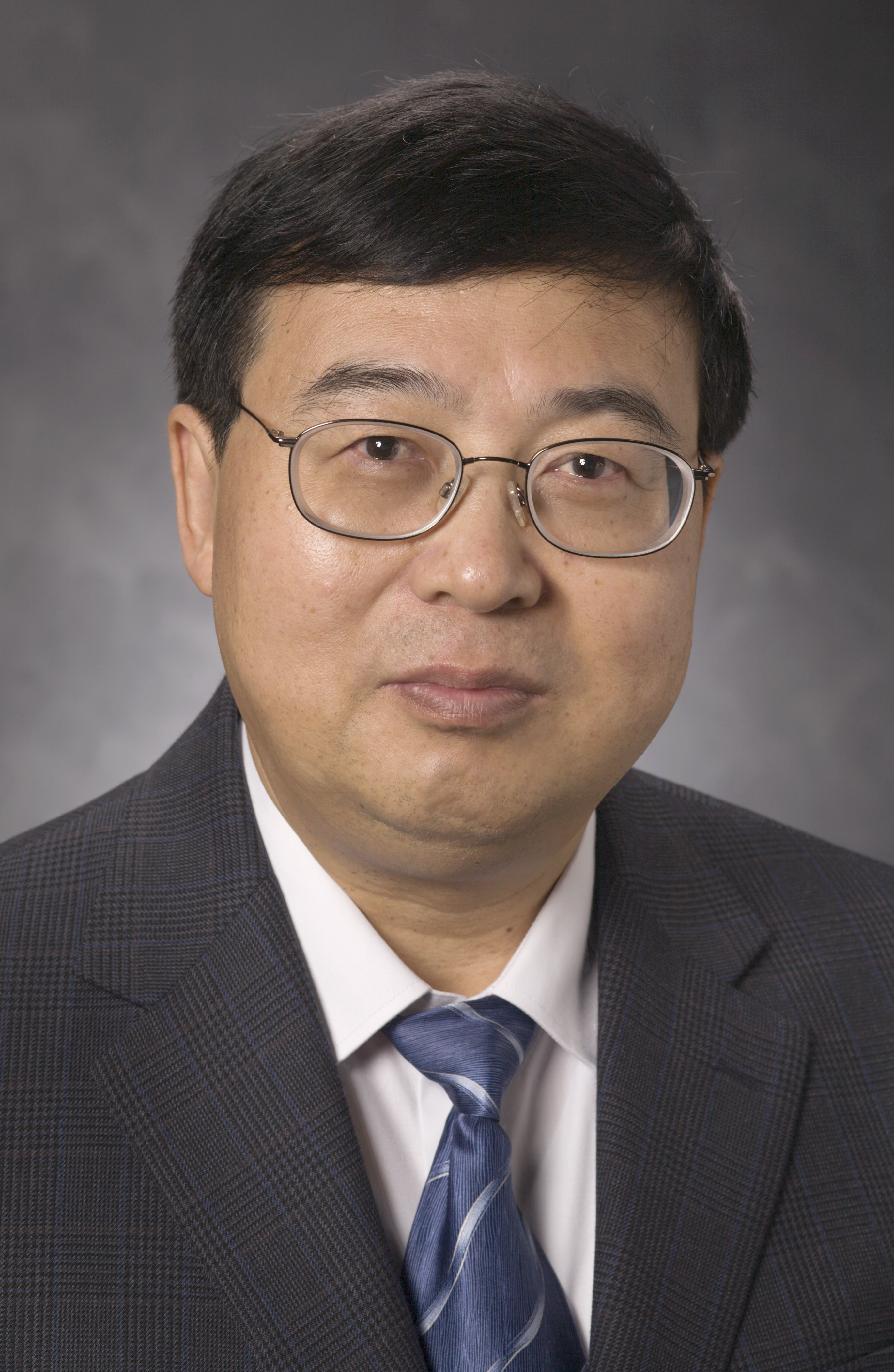Jia-Sheng Wang, Georgia Athletic Association Professor in Public Health at the University of Georgia College of Public Health, has been awarded the 2018 Translational Impact Award from the Society of Toxicology.
Founded in 1961, the Society of Toxicology is the preeminent professional organization for scientists who practice toxicology around the globe. The organization seeks to create a safer and healthier world by advancing the study and prevention of chemical, physical or biological agents that can harm people or the environment.
The Translational Impact Award is “presented to a scientist whose recent outstanding clinical, environmental health, or translational research has improved human and/or public health in an area of toxicological concern.”
Also known as bench-to-bedside science, translational research aims to ‘translate’ the discoveries of scientific study into the treatment or prevention of disease.
“Dr. Wang’s research contributions, including biomarkers of carcinogen exposure as well as unique chemoprevention strategies and therapies, have played a key role in the development of field-practical dietary interventions for the management of liver cancer in high-risk populations in China and Africa,” said Tim Phillips, Distinguished Professor and the Reed Endowed Chair in Toxicology at the College of Veterinary Medicine & Biomedical Sciences at Texas A&M University and Wang’s longtime collaborator.
Wang serves as head of the Department of Environmental Health Science at UGA’s College of Public Health and has 35 years of research and teaching experience in toxicology, chemical carcinogenesis, molecular epidemiology and cancer chemoprevention.
Specifically, his research investigates the impact of environmental toxin exposure on the formation of liver and esophageal cancers. He is also a world leader in exploring the role that natural products and dietary supplements may play in preventing cancer.
“I am thrilled to be selected for this award, which is not only an honor for myself, but also an honor and recognition for my research team and worldwide collaborators,” said Wang.
Wang was a key investigator for a chemoprevention trial of the drug Oltipraz in Qidong, China, known as the first translational study in cancer research. The drug was found to protect individuals against the carcinogenic effects of aflatoxin exposure. Aflatoxins are produced by molds that grow in soil and on hay and grains, and repeated exposure to them can increase the risk of cancer and other harmful health outcomes.
Oltipraz, however, carried side effects that made it unsuitable for consumer use, which prompted Wang to devote his research to identifying natural products that may mitigate the effects of aflatoxin. His work with two products – green tea polyphenols and NovaSil clays – is Wang’s most successful translational research to date.
Wang’s studies showed that green tea polyphenols were not only able to modulate oxidative damage to DNA, which can lead to cancer, but also prevent chronic bone loss in post-menopausal women.
In trials conducted in Africa and Texas, NovaSil clay supplements were shown to successfully lessen the effects of aflatoxin. More recently, Wang has developed a method to identify aflatoxin exposure levels using dry blood spots. This method, which only requires a small finger prick, is ideal for testing toxin levels in infants.
“He has dedicated his life’s work to understanding the effects of toxins in vulnerable populations and how natural products may act to mitigate these effects,” said Phillips. “I know that many lives have been and will be positively impacted by Dr. Wang’s past and future work.”
UGA Senior Vice President for Academic Affairs and Provost Pamela Whitten lauded Wang for the global impact of his work. “The Translational Impact Award underscores Dr. Wang’s dedication to applying his intellect and expertise to helping people around the world lead healthier lives,” she said. “In addition to being an accomplished scholar, he is a valued mentor who helps prepare students to make significant impacts of their own on industry and academia.”
Wang’s current research is exploring the link between aflatoxin exposure and chronic infectious diseases such as HIV and tuberculosis. His work to protect our communities from the effects of environmental toxins, says Phillip L. Williams, dean of the College of Public Health and fellow toxicologist, is constant and impassioned.
“This award acknowledges Dr. Wang’s irrepressible productively and creativity, his work ethic, the multifaceted nature of his accomplishments and his significant leadership ability,” said Williams. “He is ultimately motivated by a deep concern for humanity and solving public health problems that affect major populations.”
The award will be presented at the Society’s Annual Meeting and ToxExpo to be held March 11-15, 2018, in San Antonio, Texas.
– Lauren Baggett
Posted December 8, 2017.
Additional coverage ASPPH Friday Letter.







